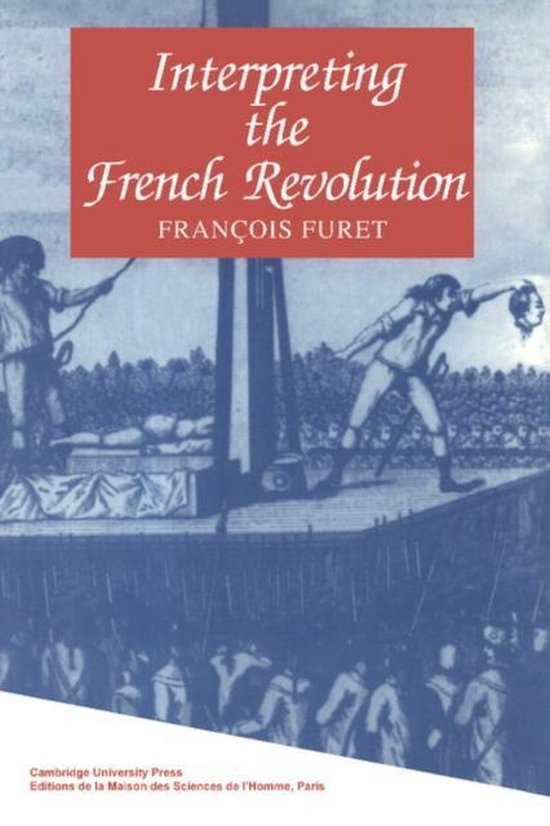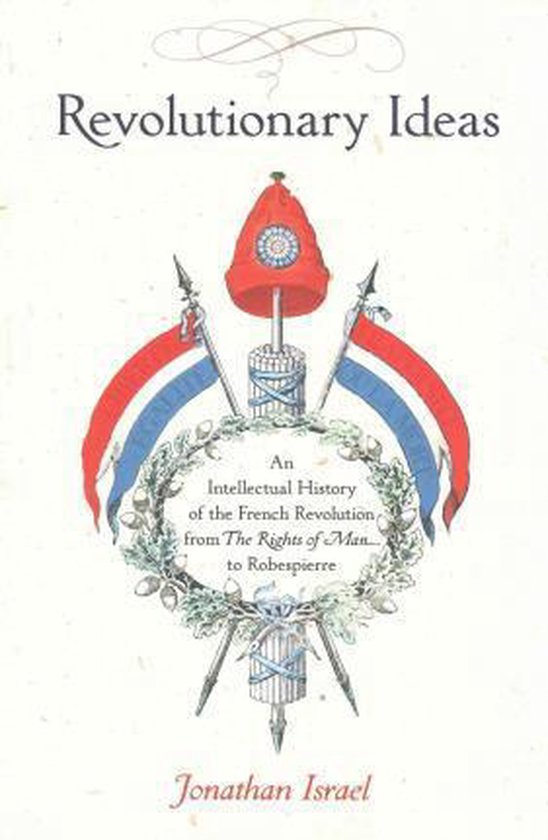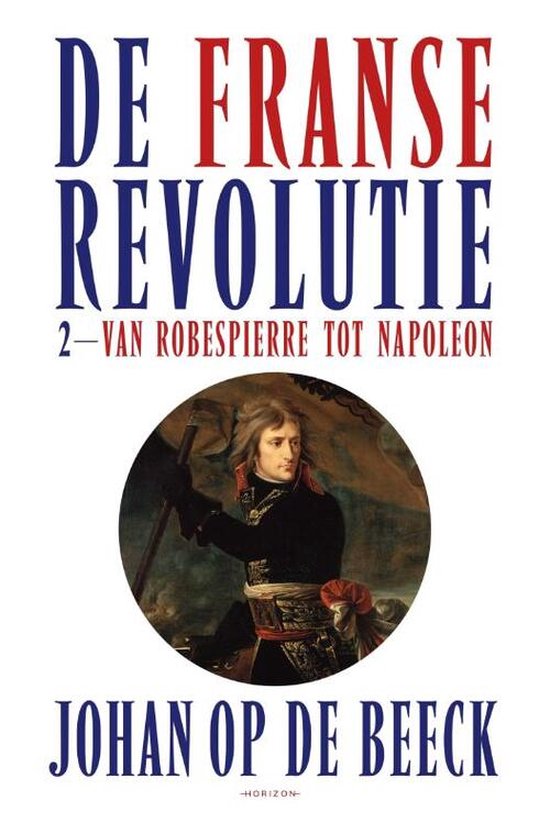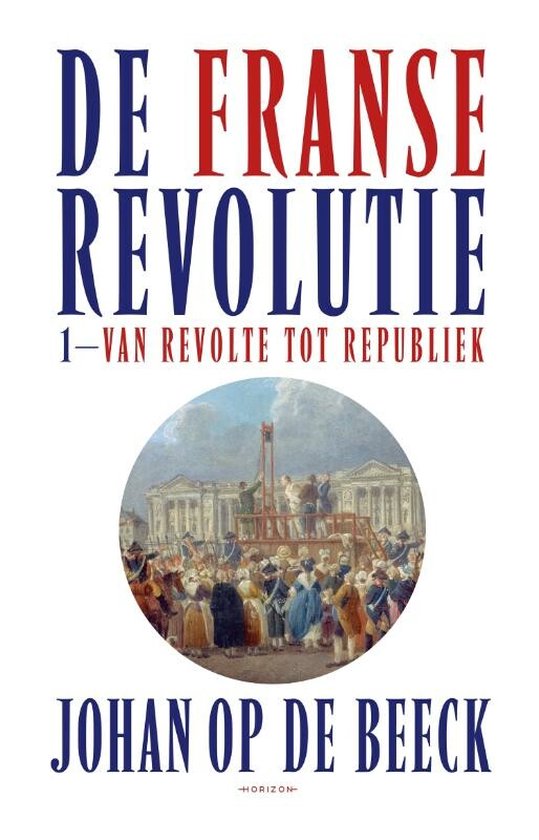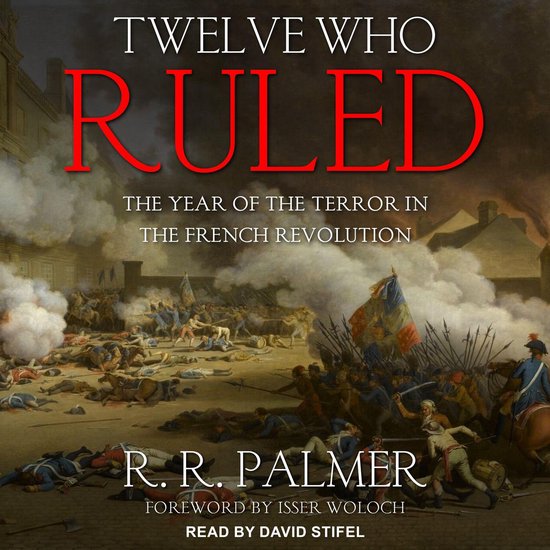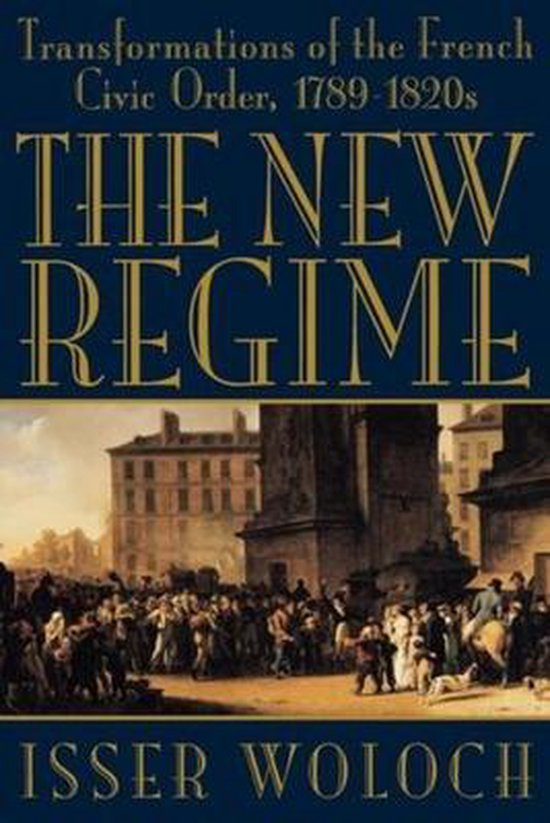
The New Regime - Transformations of the French Civic Order, 1789-1820s
This work examines the development of a new civic order in France after 1789, tracing the New Regime's evolving civic values, policies and institutions. Topics explored include the shifts in lawmaking and local authority, the creation of public primary schools and experiments in public assistance.
Confident that they had broken with a discredited past, French revolutionaries after 1789 referred to pre-revolutionary times as the ancien regime (old regime). The National Assembly proclaimed the sovereignty of the people, grasping the reins of power and asserting the supremacy of law over all other interests. Even as the liberalism of 1789 collapsed into the Terror and then into the Napoleonic dictatorship, a new regime emerged at the juncture of state and civil society. The cycles of recrimination, hatred, and endemic local conflict unleashed by the Terror did not obliterate this new civic order. In this fascinating and wide-ranging study of three turbulent decades in French history, the eminent historian Isser Woloch examines some large questions: How did the French civic order change after 1789? What civic values animated the new regime; what policies did it adopt? What institutions did it establish, and how did they fare when carried into practice? Drawing on a variety of archival sources, Professor Woloch explains shifts in lawmaking and local authority, state intervention in village life, the creation of public primary schools, experiments in public assistance, a cycle of changes in the mechanisms of civil justice, the introduction of felony trials, and above all the imposition of military conscription.
Confident that they had broken with a discredited past, French revolutionaries after 1789 referred to pre-revolutionary times as the ancien regime (old regime). The National Assembly proclaimed the sovereignty of the people, grasping the reins of power and asserting the supremacy of law over all other interests. Even as the liberalism of 1789 collapsed into the Terror and then into the Napoleonic dictatorship, a new regime emerged at the juncture of state and civil society. The cycles of recrimination, hatred, and endemic local conflict unleashed by the Terror did not obliterate this new civic order. In this fascinating and wide-ranging study of three turbulent decades in French history, the eminent historian Isser Woloch examines some large questions: How did the French civic order change after 1789? What civic values animated the new regime; what policies did it adopt? What institutions did it establish, and how did they fare when carried into practice? Drawing on a variety of archival sources, Professor Woloch explains shifts in lawmaking and local authority, state intervention in village life, the creation of public primary schools, experiments in public assistance, a cycle of changes in the mechanisms of civil justice, the introduction of felony trials, and above all the imposition of military conscription.
| Auteur | | Isser Woloch |
| Taal | | Engels |
| Type | | Paperback |
| Categorie | | Mens & Maatschappij |
